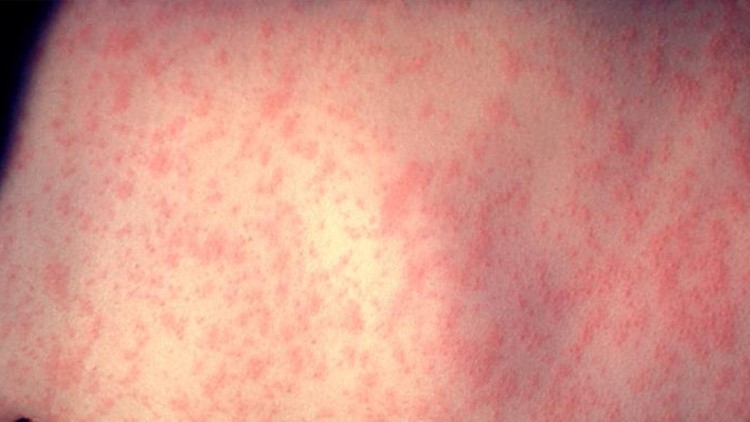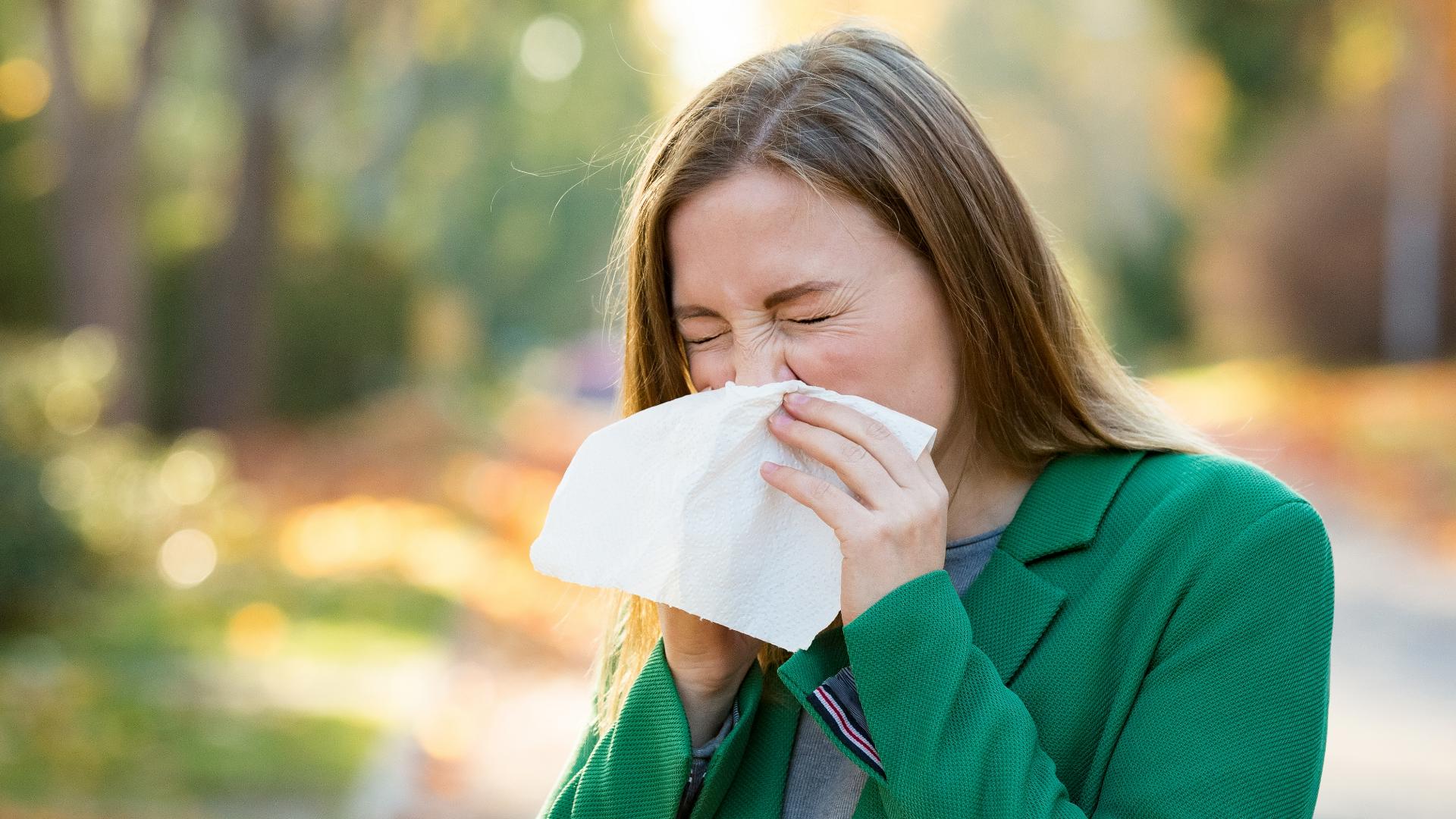GUILFORD COUNTY, N.C. — The Guilford County Division of Public Health said an adult tested negative in a suspected measles case in Guilford County.
There are currently no confirmed cases of measles in Guilford County and North Carolina, health officials shared.
"We are fortunate this potential case was not positive," said Dr. Iulia Vann, Guilford County Division of Public Health Director. "I encourage all Guilford County residents to receive the measles, mumps, and rubella (MMR) vaccine. This is the best prevention for measles and is both safe and highly effective.”
Anyone who is over 12 months old should be vaccinated/know their vaccination status against measles, mumps, and rubella (MMR).
If anyone has a question regarding their vaccine status or immunity, they should check their immunization record or contact their healthcare provider’s office.
The Centers for Disease Control answers some basic questions about measles:
Am I protected against measles?
CDC considers you protected from measles if you have written documentation (records) showing at least one of the following:
- You received two doses of measles-containing vaccine, and you are a(n) —
- school-aged child (grades K-12)
- adult who will be in a setting that poses a high risk for measles transmission, including students at post-high school education institutions, healthcare personnel, and international travelers.
- You received one of the measles-containing vaccines, and you are a(n) —
- preschool-aged child
- adult who will not be in a high-risk setting for measles transmission.
- A laboratory confirmed that you had measles at some point in your life.
- A laboratory confirmed that you are immune to measles.
- You were born before 1957.
For international travelers, the CDC considers you protected from measles if you have written documentation (records) showing at least one of the following:
- You received one dose of measles-containing vaccine, and you are an infant aged 6–11 months
- You received two doses of measles-containing vaccine, and you are a person 12 months or older
- A laboratory confirmed that you had measles at some point in your life
- A laboratory confirmed that you are immune to measles
- You were born before 1957
How effective is the measles vaccine?
The measles vaccine is very effective. Two doses of measles vaccine are about 97% effective at preventing measles if exposed to the virus. One dose is about 93% effective.
I've been exposed to someone who has measles. What should I do?
Immediately call your healthcare provider and let them know that you have been exposed to someone who has measles. Your healthcare provider can
- determine if you are immune to measles based on your vaccination record, age, or laboratory evidence.
- make special arrangements to evaluate you, if needed, without putting other patients and medical office staff at risk.
If you are not immune to measles, the MMR vaccine or a medicine called immune globulin may help reduce your risk of developing measles. Your healthcare provider can advise you, and monitor you for signs and symptoms of measles.
If you are not immune and do not get MMR or immune globulin, you should stay away from settings where there are susceptible people (such as schools, hospitals, or childcare) until your healthcare provider says it’s okay to return. This will help ensure that you do not spread it to others.
How common was measles in the United States before the vaccine?
Before the measles vaccination program started in 1963, an estimated 3 to 4 million people got measles each year in the United States, of which 500,000 were reported. Among reported cases, 400 to 500 died, 48,000 were hospitalized, and 1,000 developed encephalitis (brain swelling) from measles.
Has measles been eliminated from the United States?
Yes. In 2000, the United States declared that measles was eliminated from this country. The U.S. eliminated measles because it has a highly effective measles vaccine, a strong vaccination program that achieves high vaccine coverage in children, and a strong public health system for detecting and responding to measles cases and outbreaks.



